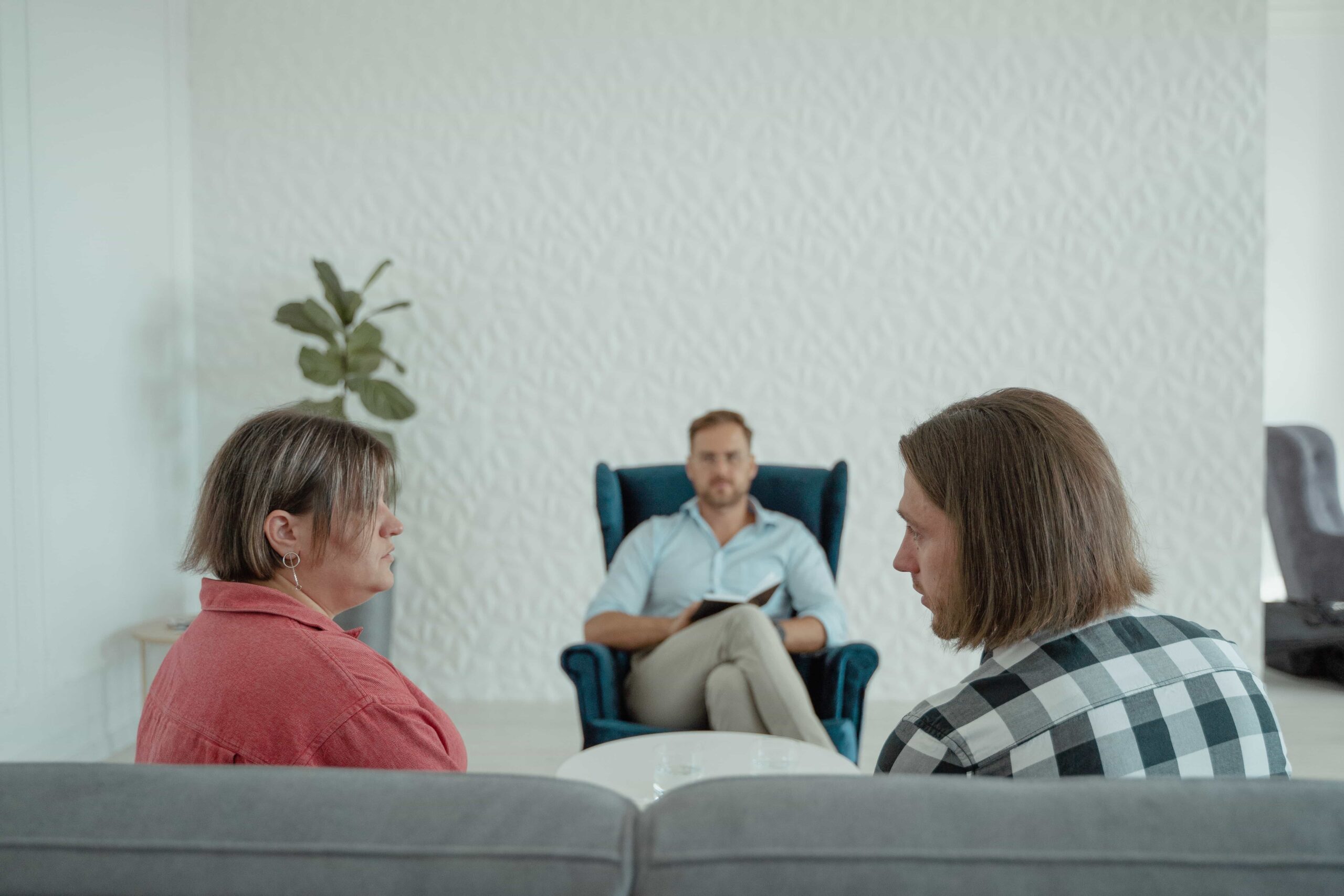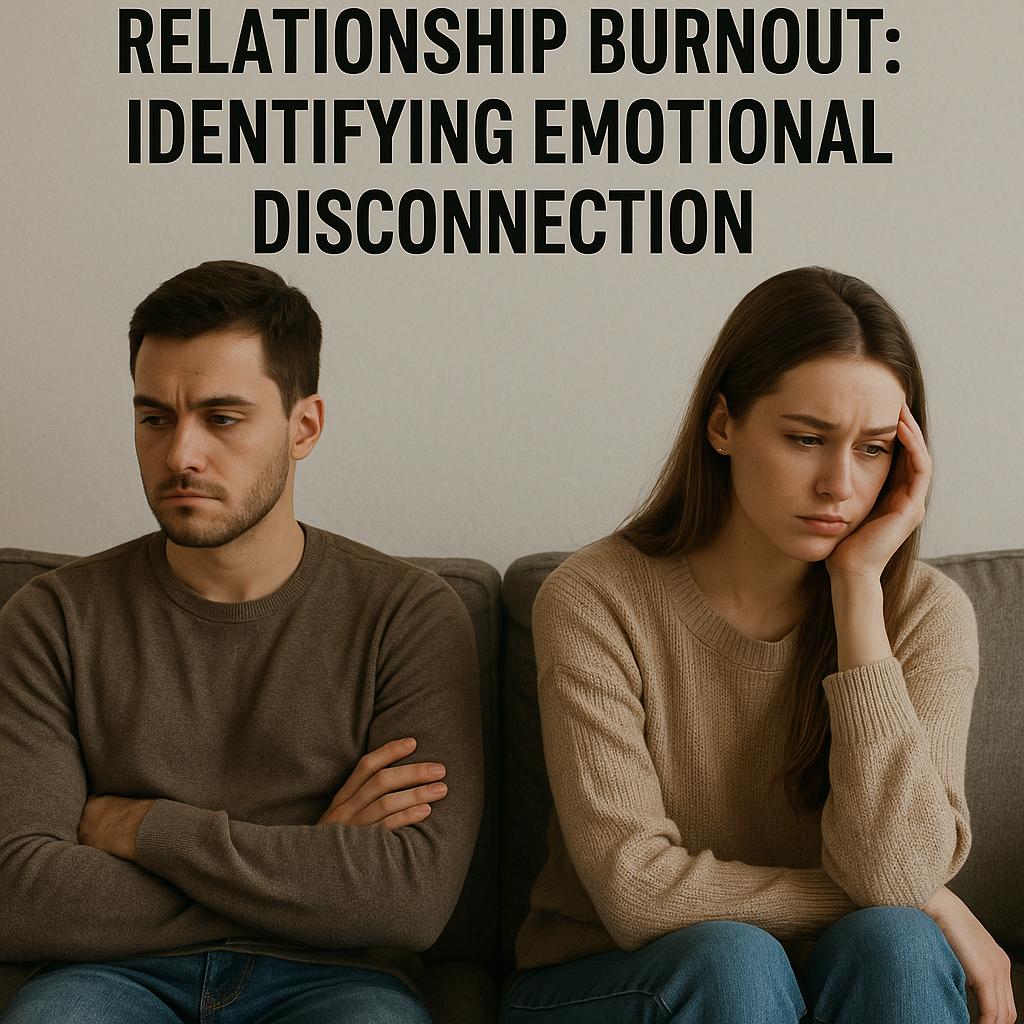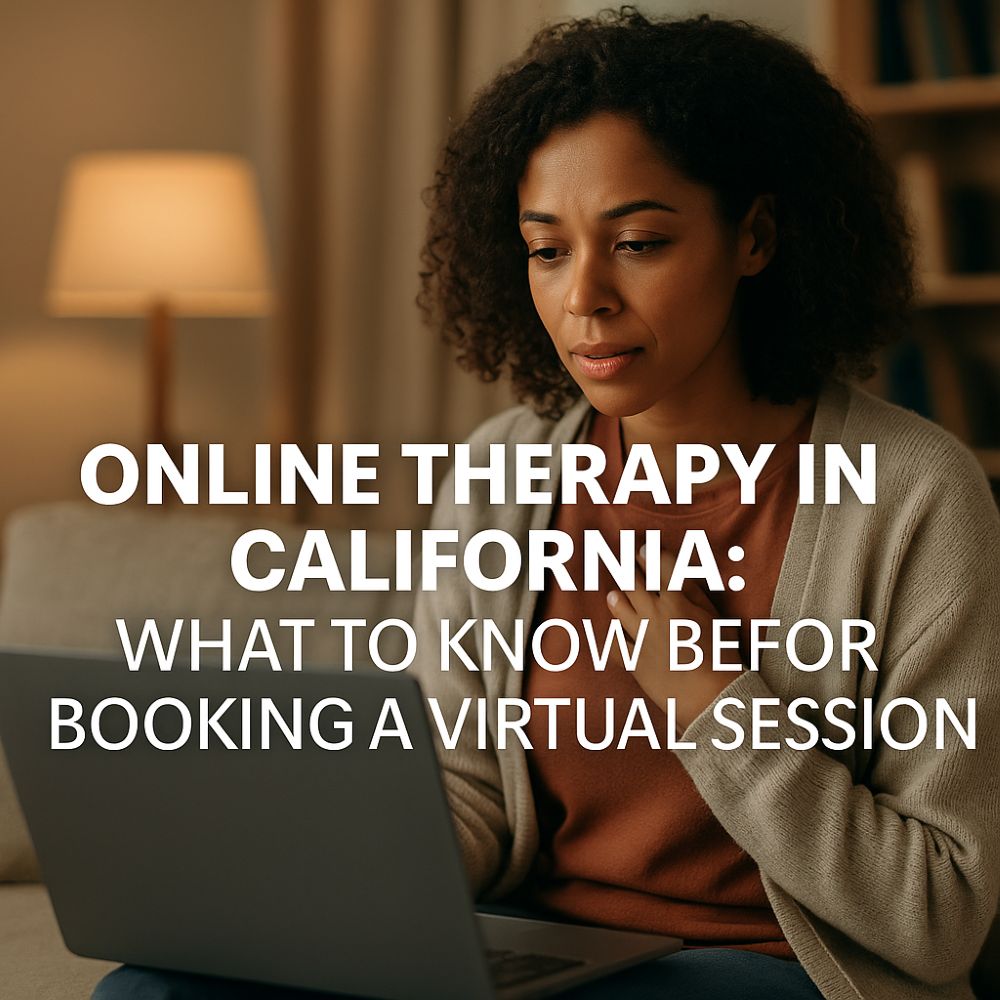Okay… so your marriage is struggling. Have you ever wondered how to find a good marriage counselor who can actually help you? How about finding one in your area with specialized training? One that you both like and one that’s not too expensive? If these questions intrigue you, keep reading because you’ll get answers. Even more, you’ll get an isider’s view.
Allow me to introduce myself. I’m Steve Cuffari. I’ve been an L.M.F.T (i.e., marriage counselor) for upwards of 22 years.
First things first
I think it’s important to note that reading the words on this blog posting says something powerful. You are searching for answers. Your behavior demonstrates that you want to improve your marriage and make it warmer and more fulfilling. As a result, you should be proud of that curiosity. So… fist pumps to you! I’m here to help.
If you want to find the right marriage counselor to help you navigate conflict and enjoy a more secure and lasting bond for life, ask the following questions.
What Credentials Does The Marriage Counselor Have?
To help your marriage, avoid talking to someone who seems nice and listens well, like your hairdresser, a family member, the next-door neighbor, or even the local bartender down the street.
For starters, ensure the therapist you see (psychologist, marriage and family therapist, professional counselor, social worker, or pastoral counselor) has attended several years of higher education and is now licensed and sanctioned in the state you live. Otherwise, what you might call marriage counseling could end up being “the blind leading the blind.”
What Specialized Training Did The Marriage Counselor Acquire?
Not all licensed therapists are equal. After graduation and licensure, a therapist starts to focus and specialize in areas that interest them most.
For example, individual therapists may focus on things like ADD, Autism, eating disorders, depression, anxiety, or trauma informed therapy. With personal therapy, the client is engaged in a self-reflective process on his or her emotions and behaviors. As a result, therapy is all about me, myself, and I.
In contrast, a marriage counselor will focus on improving the relational dynamics between partners. Therapy is about us and we. It’s helps us consider our differences and blending them well. Unlike individual therapy, couple’s therapy is more demanding and complex because involves entering the couple’s way of life more directly—without taking sides—and helping them collaborate.
Regardless, not all therapists who undergo couples therapy training are supervised by trained practitioners of that approach. Doing so makes sure they are using the techniques and interventions in ways that are aligned with that approach.
Here are just a few of the more popular approaches that offer training and supervision:
- The Gottman Method Couples Therapy
- Emotionally Focused Couples Therapy (EFT)
- A Developmental Model of Couples Therapy
- The Psychobiological Approach of Couples Therapy (PACT)
What Does The Marriage Counselor Charge?
Yes, the fee for therapy is something to consider, but remember… you get what you pay for. In other words, if you over-focus on price, be it a bottle of wine, a pair of jeans, or a manicure, more often than not you’ll end up disappointed and experience buyers’ remorse.
For cost-saving ideas, check your insurance or with your company’s Employee Assistance Program (EAP). Additionally, some therapists have sliding scale fees for lower income couples, and universities have couples therapy training programs that offer therapists-in-training with quality supervision at affordable rates. For a list of accredited universities to reach out to, go here.
Warning about fees
If you are seriously considering marriage counseling, then please take notice. I have met with numerous price-conscious couples who made a big mistake. When searching for a marriage counselor, they believed that price and convenience were more important than the counselor’s training and knowledge. Sadly, they called me to help repair the damage that was caused!
For this reason, please keep reading… and consider asking these questions.
Can I Interview A Marriage Counselor?
Yes! You can do so during the first session or on the phone before the first session. Remember, you are the consumer, and your therapist should help you feel empowered with the knowledge and abilities you need to break free from difficult conversations and enjoy a more secure and lasting bond for life!
So, don’t hesitate to promote your needs, take charge and evaluate your counselor’s approach. Here are just a few questions to consider asking:
- Where did you receive formal education and supervision in couples therapy?
- How long have you conducted marriage counseling?
- What life experiences do you bring to marriage counseling?
- What do you believe are the key ingredients for a successful marriage?
- How do you measure positive change in a marriage?
- What percentage of your couples see improvement?
- What is your view on nonmonogamy?
- What is your view on divorce?
- Have you ever recommended divorce?
- To what degree do you assign homework?
- What does therapy with you look like? (e.g., the structure, length, and frequency of sessions. What is your customary fee?)
- How does the end of treatment get decided?
Is My Marriage Counselor Relatable?
It doesn’t take a rocket scientist to know that fostering a good relationship is essential to helping you connect with, remain in, and get the most out of marriage counseling. Even so, study after study suggests that the single most significant contributor to successful marriage counseling is not the therapist’s level of education, expertise, formal training, treatment methods, or the techniques used in therapy. Instead, the leading contributor is simple and obvious: the relationship fostered between the couple and the therapist.
First impressions matter
What does this mean for you? Yes, training and knowledge are essential. However, as you look for a marriage counselor that can actually help you, make the process simple and effective. Your first and primary task is to find someone who is relatable. In other words, find a therapist who, from the first phone call, communicates well, is easy to understand, and someone you connect with.
The last thing you want from your marriage counselor is someone who feels distant, cold, or inflexible.
Listening skills are key
A good marriage counselor listens to understand you, not correct or redirect you. They demonstrate patience, confidence, and deep respect for your thoughts, feelings, and actions. They can also reassure you when nerves get frazzled.
In the end, finding a relatable marriage counselor means finding one who creates a judgment-free zone while you both share intimate details from your marriage. That someone should also demonstrate warmth and trust. Most importantly, you should be able to rely on them for a strong sense of being understood and accepted during therapy.
Is My Marriage Counselor A Good Fit For Both Of Us?
Sometimes you might connect with a marriage counselor, but your partner may not. Hence, going to a marriage counselor is like buying a new pair of shoes. Your first goal? Avoid buyer’s remorse. Like a good quality, well-fitting shoe, a good therapist will be comfortable from the start.
Hot tip: You don’t have to endure months of agony to wear shoes in, and the same is true with your marriage counselor. You should experience a good fit right away.
But that’s just part of the story
Sometimes price and availability rank the highest priority. To see a marriage counselor you trust, you might want to consider making pricing and availability part of your personal sacrifice. The reason? Good marriage counseling is an investment in your relationship, so be careful if you are tempted to make pricing and availability the top priority. As the cliché goes, “You get what you pay for.” Put another way, the quality of good marriage counseling tends to increase with price for a specific reason—it’s good, gets measurable results, and not all counselors can do good therapy.
Is My Marriage Counselor Flexible?
Sometimes, a busy schedule is a barrier to therapy. Sometimes a new baby or difficulty finding childcare is the difference between getting to therapy or skipping it. Other times, you may be traveling or unable to meet in person.
Despite your stressors, some marriage counselors demand weekly appointments. Some will charge clients every week, regardless of whether or not you show up! Even so, if you cancel an appointment well in advance, your marriage counselor should not charge you. If they try to bill you, this might signal that your therapist is more interested in making money than improving your marriage.
Thankfully, good marriage counselors are sensitive to your busy life and pressing needs around work, childcare, money, freeway traffic, and other stressors that can interfere with appointments. All in all, a good marriage counselor is flexible and sensitive to your unique needs.
Is My Marriage Counselor Responsive?
A high-quality marriage counselor can tailor therapy to the couple’s unique needs, such as cultural background, attachment style, and religious or spiritual values. Doing so involves understanding every couple as two unique and distinct individuals trying to collaborate on a complex topic. Both have unique and valid concerns. The marriage counselor’s job is to ensure that both sets of concerns are understood, so the couple can learn from each other, connect better, and come to mutually agreeable solutions.
In cases like this, good marriage counselors take therapy at a slower pace and periodically check in with both partners to make therapy more attuned to the couple—and much more effective! In doing so, good marriage counselors gather that feedback and incorporate it back into therapy.
To What Degree Is My Marriage Counselor Collaborative?
Every marriage counselor uses a theoretical approach to guide how they help each couple. Their role as the counselor is embedded in that approach.
One of the biggest shifts in marriage counseling in recent years is moving away from the notions that therapists know best, or the client knows best. Instead, the shift is moving toward collaboration. In other words, therapy is viewed as a two-way street where the therapist and client are equal partners in change.
This idea is demonstrated in three key ways: 1) The therapist listens to each partner’s concern about what is getting in the way or what’s excessive or deficient; 2) The counselor shares his or her concerns about the marriage; and 3) The counselor helps everyone brainstorm over mutually agreeable solutions that satisfy everyone–especially the couple.
Asking your marriage counselor about collaboration may help clarify your needs as a couple.
Can My Marriage Counselor Repair Ruptures?
Handling any relationship rupture—between the couple or the therapist—begins by recognizing they occur. Research demonstrates that repair ruptures tend to fall into two general categories: Confrontation ruptures and Withdrawal ruptures.
Confrontation ruptures occur when partners express anger toward each other through accusations or sharp questioning.
In contrast, Withdrawal ruptures arise when one partner pulls away from the other, their therapist, or aspects of themselves. For example, when one partner fears criticism or is timid about discussing a painful topic with their partner—especially in front of the therapist.
Clues that one partner might be heading towards such a rupture include retreating into silence, not fully engaging in treatment during a therapy session, or showing up late for therapy.
Can This Therapist Promote Effective Endings?
A good marriage counselor knows when it’s time to end therapy. Researchers suggest eight key actions lead to an effective ending to therapy.
- Having a mutual discussion about how the therapy went
- Discussing the couple’s future functioning and coping
- Helping the couple use new skills beyond therapy
- Framing personal development as an ongoing process
- Anticipating post-therapy growth
- Talking specifically about the pros and cons of ending this phase of therapy
- Reflecting on the gains for each partner
- Expressing pride in the couple’s progress and in the mutual relationship
Source: Norcross and colleagues (Psychotherapy, Vol. 54, No. 1, 2017)
Did I Learn Something New In Therapy?
If you invest your time and money in seeing a marriage counselor, I hope you will learn some life-changing skills and tools that make married life easier and more meaningful. In short, a good marriage counselor will help you walk away with a new and deeper understanding of:
- Connection: Learning the fine art of being separate, yet emotionally connected to your partner.
- Self-awareness: Learning to witness your own thoughts, feelings, and behaviors.
- Emotional self-regulation: Responding to or reducing strong emotion without acting on impulse.
- Improved confidence: Rather than avoiding difficult situations, you can meet them head-on.
- Improved communication: Being able to express your highest hopes and darkest fears clearly.
- Healthier boundaries: Clearly expressing what you want and don’t want in relationships.
Conclusion
In the end, finding a good marriage counselor near you who can actually help can be difficult, and picking one you both like is even harder. However, asking the key questions above can make the journey easier and create results that can transform your marriage and change your life!
Which of these questions are you going to ask your counselor?







